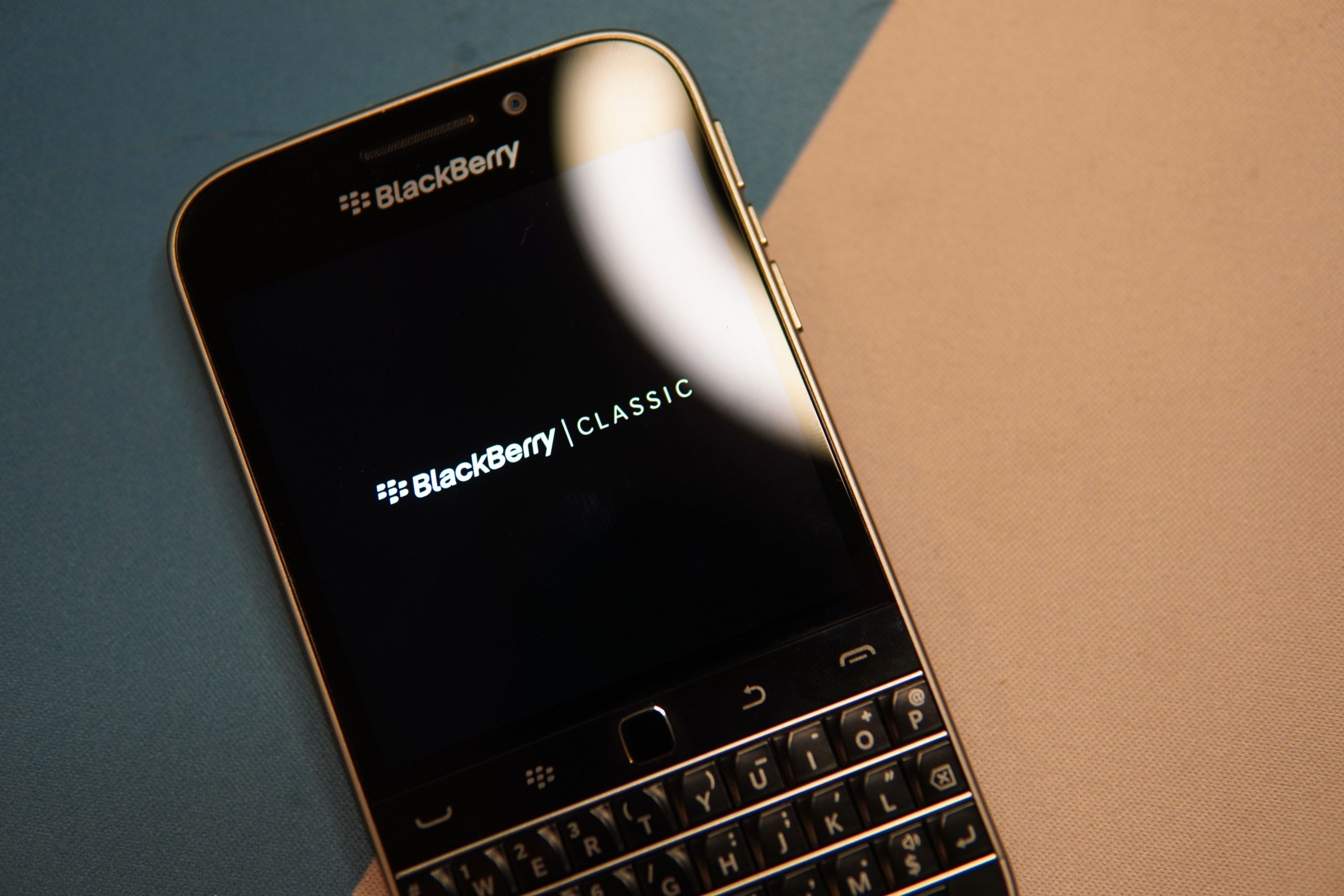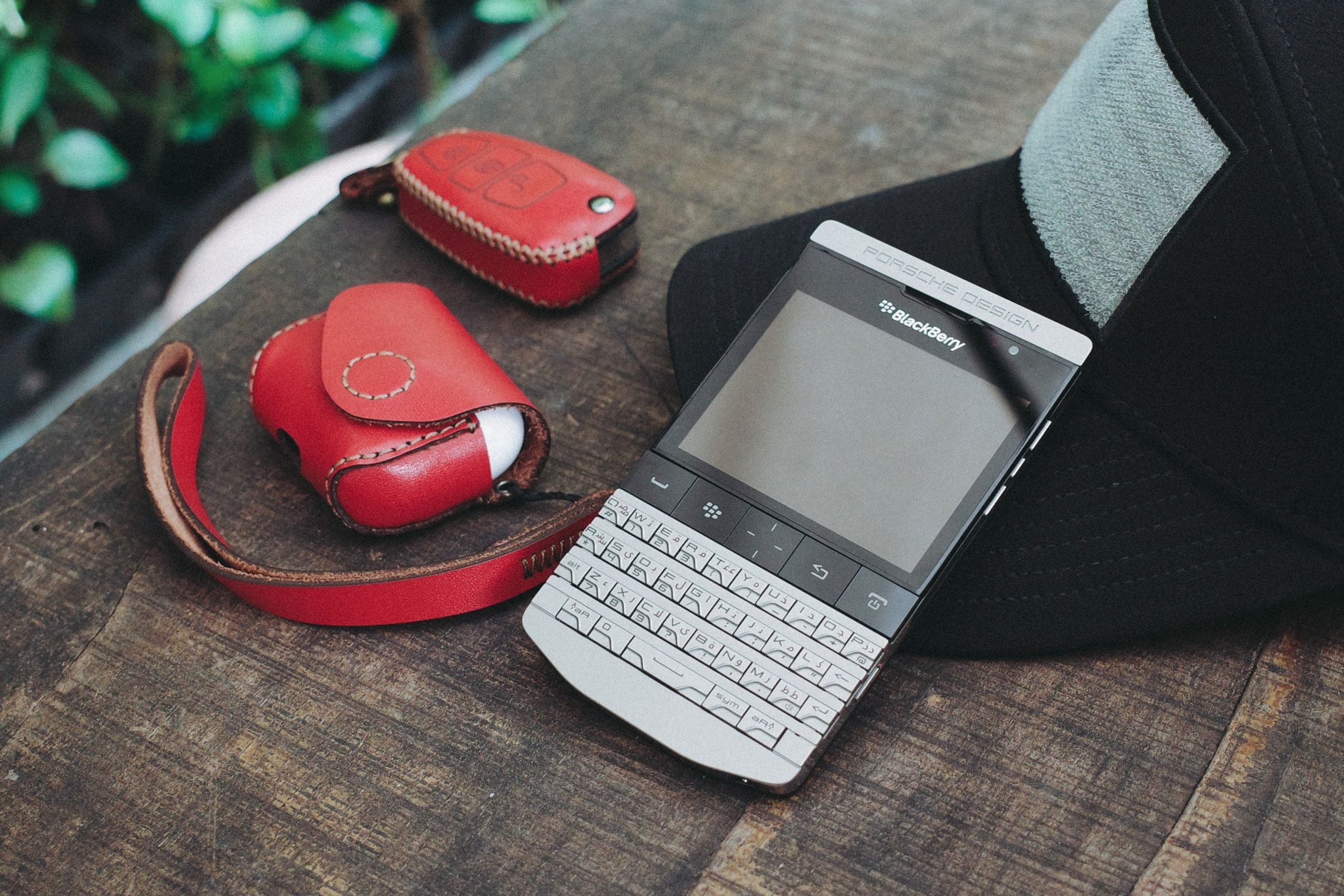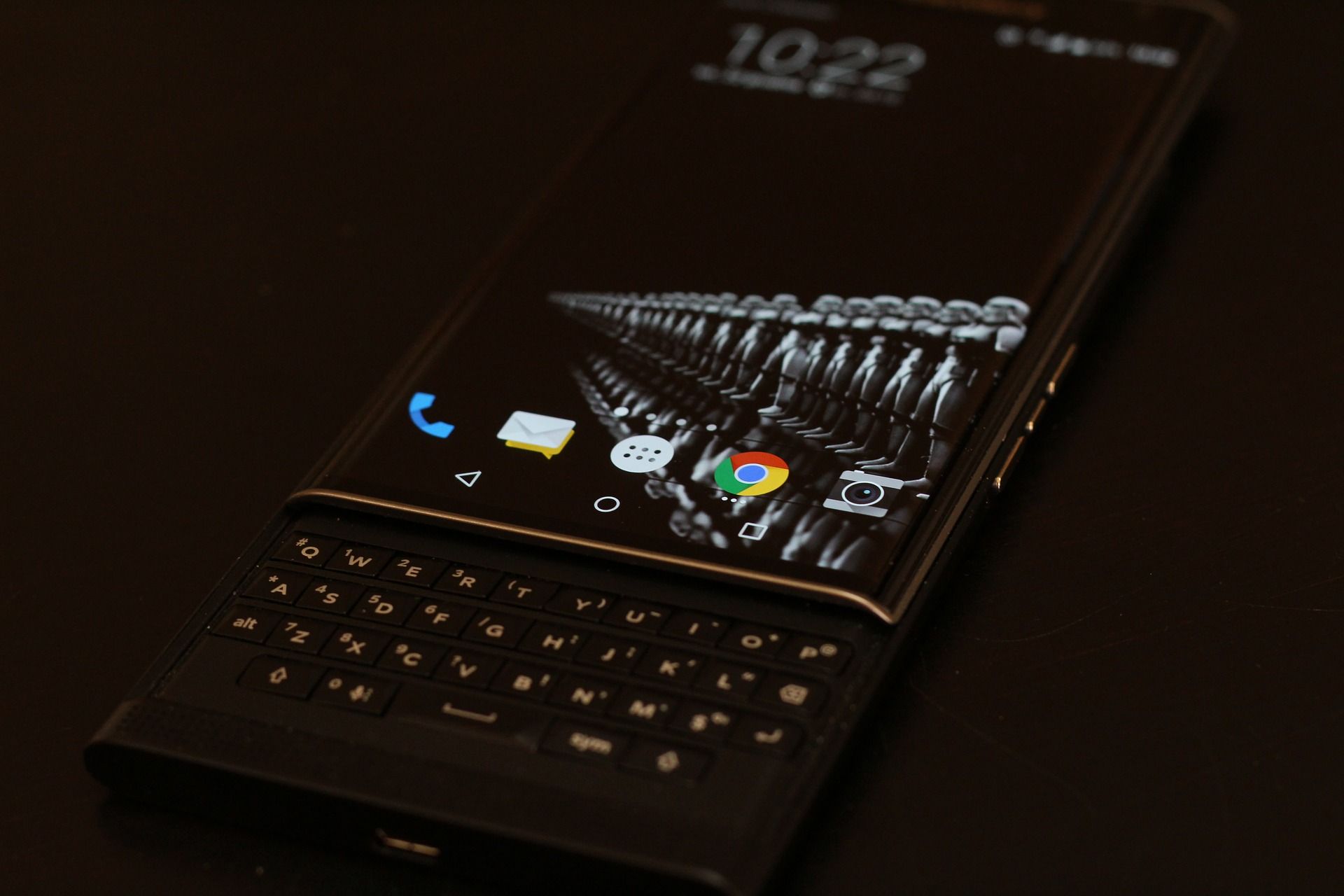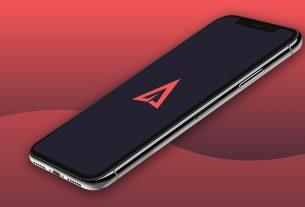Once upon a time, it was hard to look beyond BlackBerry in the smartphone market. At the beginning of the 2010s, its dominance in this area was undisputed, but things soon changed.
Today, BlackBerry has fallen almost entirely off the smartphone radar. Even introducing its BlackBerry Messenger (BBM) platform to the App Store after the iPhone made up ground, and then some couldn’t salvage hope.
So, why did BlackBerry fail so spectacularly? Could we see a BlackBerry renaissance in the coming years, or are its phones consigned to the history books? Let’s take a look.
How Far Has BlackBerry Fallen?

BlackBerry’s decline was more dramatic than LG’s smartphone failures because of just how strong its position in this particular market was.
In the UK, BlackBerry held a 33.2% smartphone market share in December 2011, according to Statista. Within two years, however, that had shrunk by around just under half to 17.44%.
Since the end of 2013, BlackBerry has faded even further into the abyss as far as the UK is concerned. As of May 2021, the same study found that BlackBerry smartphones now comprise a meager 0.01% of the UK smartphone market.
Worldwide, BlackBerry’s decline has been just as spectacular. As Gartner reported in February 2017, just 210,000 devices with its operating system sold in the fourth quarter of 2016. That was much worse than in Q4 2015, which itself wasn’t great either—with fewer than 907,000 devices sold and a 0.2% market share.
The 3 Reasons Why BlackBerry Declined So Badly

BlackBerry’s fall from grace was spectacular, and that kind of drop doesn’t happen overnight. Usually, failures of this kind are the boiling point of years’ worth of bad decisions.
So, where did it all go wrong for BlackBerry? Below are three potential contributors.
1. Failure to Adapt
At its peak, BlackBerry’s innovation kept us all on our feet. BBM revolutionized instant messaging, and its devices also helped speed up smartphones to what today are effectively portable mini-computers.
But in the end, BlackBerry fell victim to its own stubbornness.
One of the most glaring examples is its lack of innovation with the touch screen. Many users were happy to stick with their keyboards in the early 2010s, which is one reason why the BlackBerry Storm was a disaster.
The Storm’s failure may well have influenced BlackBerry’s decisions with future phones. Unfortunately for them, by the time Apple and Samsung’s devices became more mainstream, consumers were ready to adopt touchscreen technology.
You could also attribute BlackBerry’s decline to how it failed to adapt in other areas, such as its camera. And as we can see today, many smartphones have cameras that could rival their DSLR and mirrorless counterparts.
2. Ignoring Its Competition and Losing Its Core Market
Another reason BlackBerry’s fall from grace was so steep is because it didn’t pay as much attention to the likes of BlackBerry-created phones for businesses. As such, it didn’t see the iPhone as a direct competitor.
BlackBerry’s desire to cater to people in business was pretty evident in the design of its devices. While you could respond to emails, send instant messages, answer calls, and browse the web, you couldn’t do anywhere near as much as even the early iPhones made possible.
On the other hand, the other smartphone giants looked at the everyday consumer for the future of the smartphone. Their devices were about convenience and accessibility, two things which—funnily enough—people working for big companies also desire with their devices.
As time progressed, consumer-oriented phones became more popular in business environments too. They could also do everything BlackBerry devices could, and then some more. So, in the end, the only way was down.
3. The BlackBerry Operating System
Another key reason behind BlackBerry’s failure was its loyalty to its operating system—despite some significant flaws.
One issue with BlackBerry’s early OS versions was how few apps you could download compared to Apple and Android devices. You could get pretty much anything you need on smartphones with these systems and still can. And while BlackBerry eventually opened up its app store to more popular apps, the damage was already done.
BlackBerry users disliked using their app store for several reasons. It wasn’t user-friendly for starters, while app layouts also hindered user experience.
Customers also reported several performance issues, such as lagging and freezing.
3 Reasons Why BlackBerry Will Make a Return

So, it looks like BlackBerry’s time in the smartphone space is all but over.
Or is it?
Despite losing almost all of its smartphone market share, BlackBerry isn’t giving up as a business altogether. Here are three reasons why you might not have seen the last of one of technology’s fallen giants.
1. A New 5G Phone on the Horizon
4G hasn’t been mainstream for that long, but we’re already hearing plenty of debates surrounding 4G and 5G. Some people have even begun speculating on how 6G could change the world forever!
Many smartphones haven’t yet adopted 5G, and there’s probably a way to go yet before the world has the proper infrastructure for this technology. BlackBerry isn’t waiting around, though; in 2020, the company announced that it would launch a 5G phone in 2021.
At the time of writing in August 2021, no device is yet on the market. However, it might convince a few to give the phone at least a try.
2. Partnership Deals With Other Companies
BlackBerry’s previous success means that despite falling away from the top of the smartphone market, it’s still a reputable brand name. And thanks in part to this, it has no shortage of businesses happy to work with it. For example, the company is releasing its 2021 smartphone in partnership with OnwardMobility.
BlackBerry also has plenty of partners using its solutions, including Dell and IBM.
3. Digital Minimalism
The amount of information we have about how addictive smartphones can be and the apps on them grows larger and larger. Documentaries such as the Social Dilemma have also shed light on how toxic modern-day cell phones can be if we let them take too much control of our lives.
Many users have sought to adopt a more minimalist digital lifestyle, with some deleting apps from their phones and only accessing them from their computers.
While BlackBerry's are less restrictive than before in terms of customization, some users might consider switching to give them more control over their digital experiences.
BlackBerry’s Failures Can Teach Smartphone Companies a Lot
Despite its phenomenal demise, BlackBerry taught us a lot about both business and innovation. The company’s decline was mainly due to its own doings, while one could also argue that Apple, Google, Samsung, et al. had a better long-term vision on how the market would evolve.
It’s doubtful that BlackBerry will return to its previous state of dominance. However, its 5G device might turn a few heads—or at least show us if it has learned from previous mistakes.



